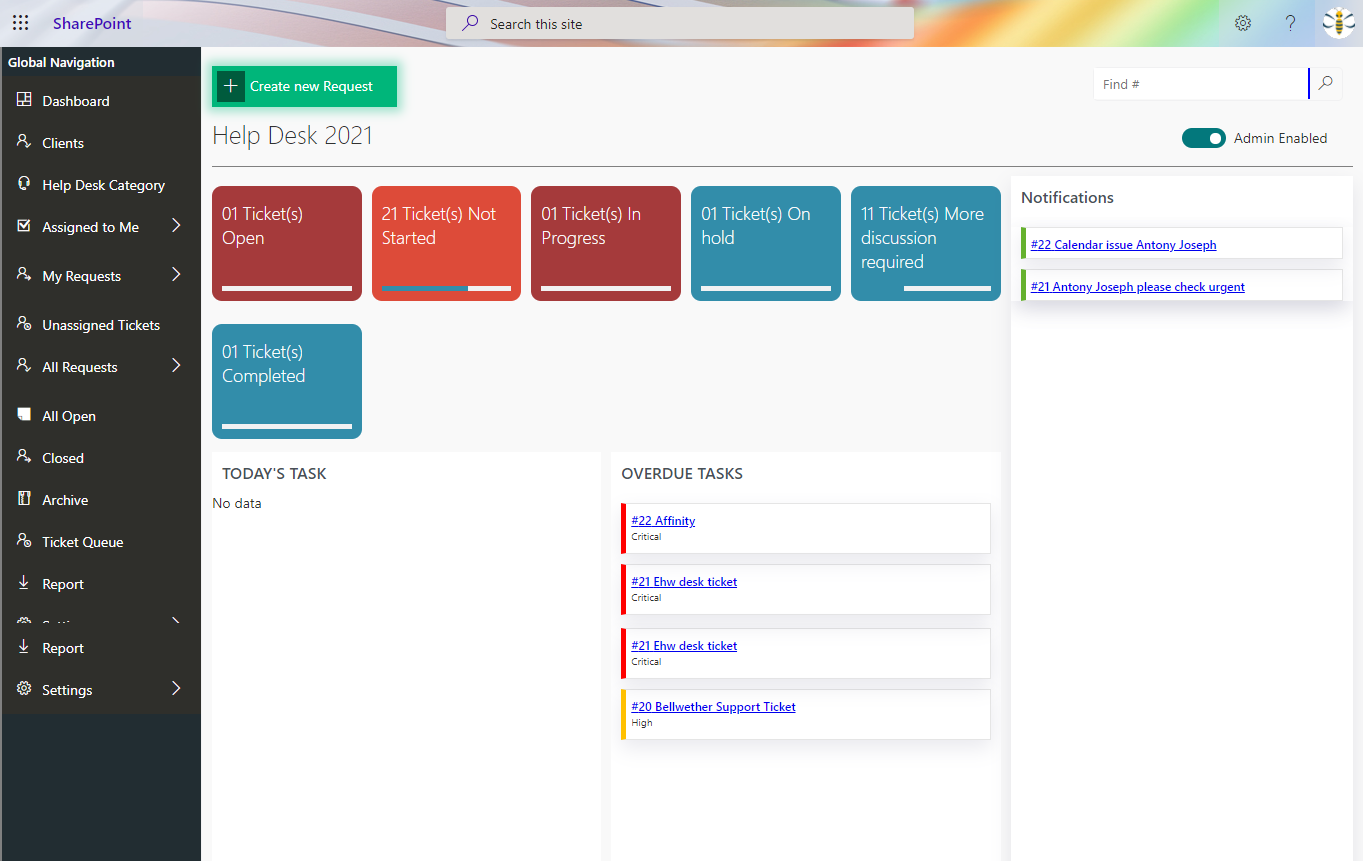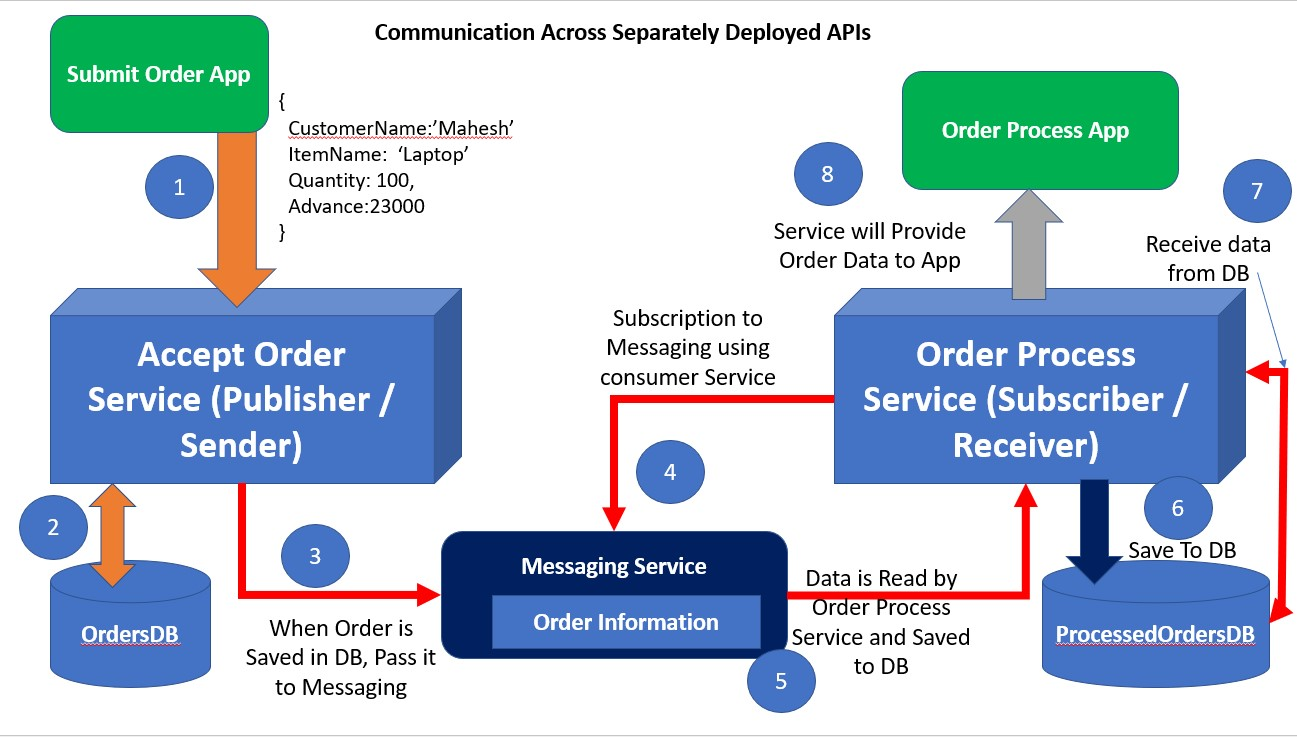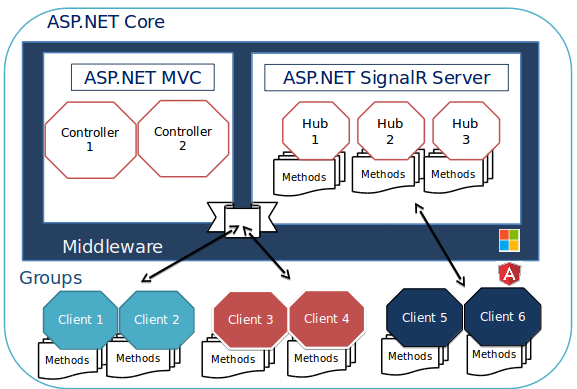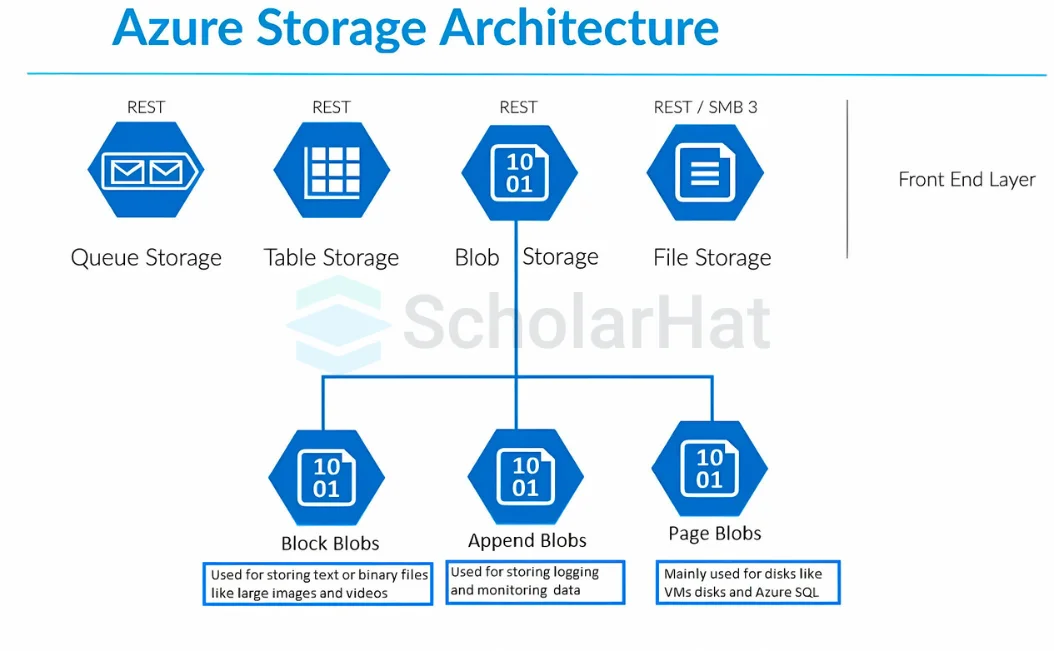Building a Scalable E-Commerce Application with .NET Core
- .Net
- December 08, 2024
-
Building a Scalable E-Commerce Application with .NET Core
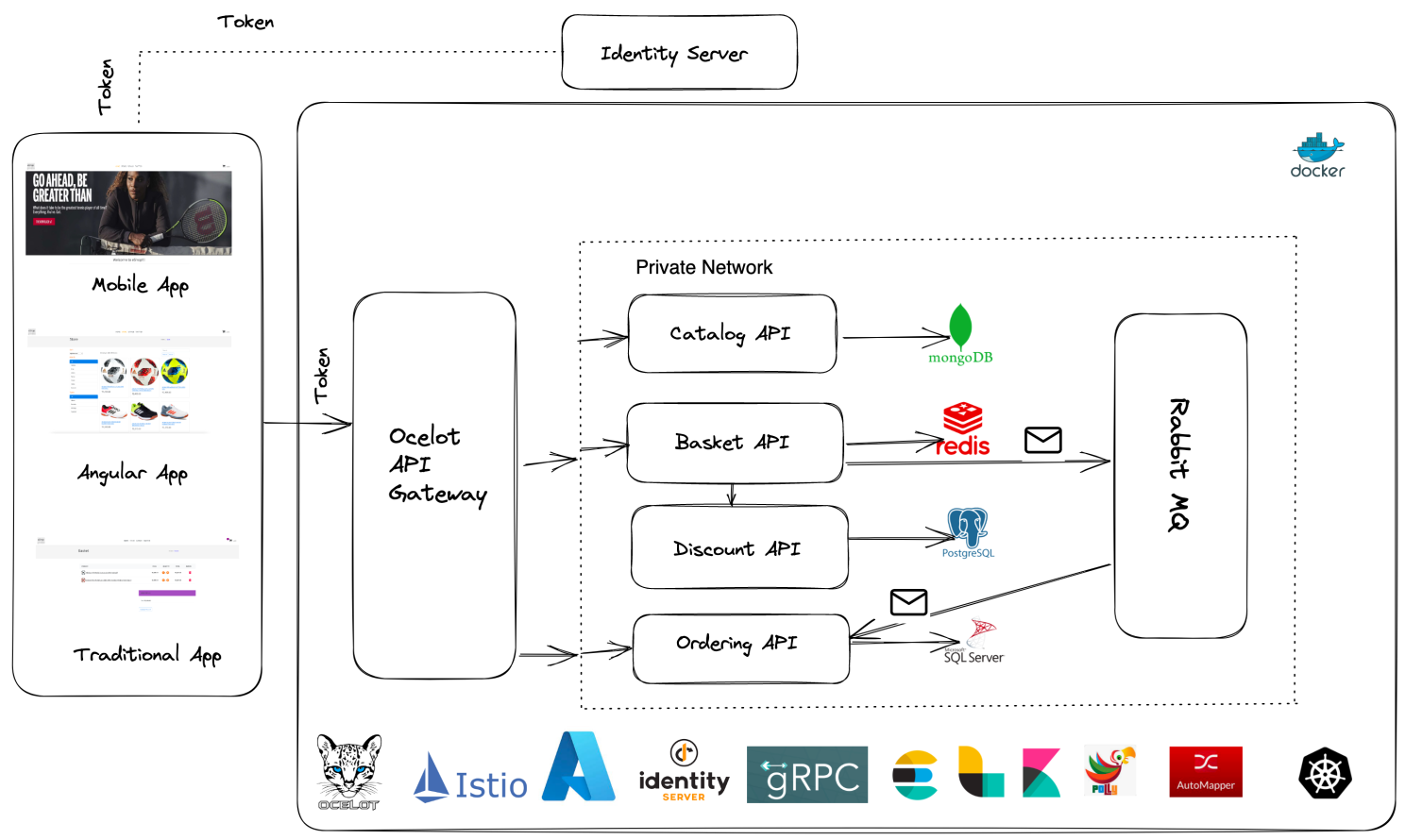
Introduction
In today's fast-paced digital world, businesses need robust, scalable, and high-performance web applications to meet the increasing demands of their customers. .NET Core, a cross-platform framework developed by Microsoft, offers the perfect solution for building such applications. Its speed, flexibility, and broad ecosystem make it a preferred choice for businesses looking to build modern web applications.
In this blog, we will walk you through a real-time example of how .NET Core was used to develop a scalable e-commerce platform for a client in the retail industry. The goal was to create an application that could handle thousands of transactions per minute, provide a seamless user experience, and scale as the business grew.
Client Overview
Client: Global E-Commerce Retailer
The client is a global retailer selling a wide range of consumer electronics and gadgets. Their existing e-commerce platform was built on legacy technologies that couldn’t scale with the growing demand from customers. The client was experiencing:
- Slow page load times, especially during peak hours.
- Frequent server downtimes due to traffic spikes during sales events.
- Limited scalability with the existing infrastructure, leading to performance bottlenecks.
The client needed a solution that could handle high traffic, provide quick responses to user actions, and easily scale to accommodate future growth.
Challenges Faced by the Client
- Slow Page Load Times: During high-traffic events like Black Friday sales, the application’s performance dropped significantly, leading to a poor user experience.
- Server Downtime: The e-commerce platform often crashed or became unresponsive due to server overloads, leading to lost sales.
- Scalability Issues: The application could not handle growing customer demand, and scaling the system to meet that demand was difficult with the existing infrastructure.
Solution: Building a Scalable E-Commerce Platform with .NET Core
To address these challenges, we proposed a .NET Core solution to rebuild the platform with an emphasis on performance, scalability, and resilience. Here's how we used .NET Core to build a modern e-commerce application that could support high traffic, provide fast performance, and be scalable for future growth.
Solution Design
1. Building a Microservices Architecture with .NET Core
We decided to use microservices to break down the application into smaller, manageable services. Each service would focus on a specific function of the e-commerce platform, such as:
- Product Management: A service for managing product catalogs, inventory, and pricing.
- Order Management: A service responsible for handling customer orders, including payment processing.
- User Authentication: A service for managing user registration, login, and profile updates.
- Customer Reviews: A service for managing product reviews and ratings.
By building these services as independent microservices, we could deploy, scale, and manage them separately, which allowed for better performance and flexibility.
Key Features:
- Independent deployment of services
- Seamless scaling of individual services
- Better fault tolerance through isolated services
2. Implementing a RESTful API with .NET Core Web API
The platform needed to be highly responsive and able to serve requests efficiently. We used .NET Core Web API to expose RESTful endpoints for communication between the front-end and the back-end services. With .NET Core Web API, we were able to:
- Build stateless services, ensuring that each request is independent and can be processed quickly.
- Use asynchronous programming to handle high concurrency and ensure non-blocking calls to the database.
- Implement caching mechanisms to store frequently requested data (like product details) in memory, reducing the need for repetitive database queries.
This architecture allowed the platform to serve more users simultaneously, improving response times and overall performance.
Key Features:
- RESTful API for efficient communication
- Async programming to handle high loads
- Caching for faster response times
3. Implementing a Scalable Database with Entity Framework Core
For data storage, we used Entity Framework Core (EF Core), a lightweight and fast Object-Relational Mapper (ORM) for .NET. EF Core allowed us to design the database schema and handle data access seamlessly across different services. To ensure scalability, we:
- Used SQL Server for relational data storage, optimized for high-performance queries.
- Configured sharding and horizontal scaling strategies for the database, ensuring that the system could scale as the number of users and products grew.
- Implemented database indexing and query optimization to improve the performance of critical read/write operations.
This ensured that the database could handle millions of transactions per day without significant performance degradation.
Key Features:
- EF Core for efficient data access
- Horizontal scaling for the database
- Optimized queries for faster data retrieval
4. Deploying to Azure for Scalability
We chose Microsoft Azure as the cloud platform to deploy the application due to its flexibility, scalability, and integration with .NET Core. The platform was deployed on Azure App Services, which allowed us to:
- Auto-scale the application based on traffic volume, ensuring that additional resources were provisioned during peak demand times, such as sales events.
- Use Azure SQL Database with built-in scalability and performance features, ensuring high availability and minimal downtime.
- Leverage Azure Application Insights to monitor application performance and troubleshoot issues in real-time.
This approach made the system highly resilient and able to handle spikes in traffic with ease.
Key Features:
- Auto-scaling with Azure App Services
- High availability with Azure SQL Database
- Real-time monitoring with Azure Application Insights
Architecture Overview
- Microservices Architecture: Deployed and managed independently for better performance and scalability.
- RESTful API with .NET Core Web API for communication between services and the front-end.
- Entity Framework Core for efficient and scalable data access.
- Azure Cloud for deployment, scalability, and monitoring.
Business Benefits
1. Improved Performance and Reliability
With the microservices architecture and .NET Core Web API, the platform could handle high traffic and provide fast, responsive experiences even during peak times. This resulted in:
- Faster page load times and transaction processing.
- Reduced server downtimes, improving uptime and reliability.
2. Scalable Infrastructure
The platform could easily scale with the growing customer base. The use of Azure Auto-Scaling and microservices allowed the business to grow without worrying about infrastructure limitations.
3. Cost Efficiency
By leveraging cloud services like Azure App Services and Azure SQL Database, the client only paid for the resources they needed, reducing costs during off-peak periods.
4. Faster Development and Deployment
The .NET Core framework's open-source nature and fast development cycles allowed the team to roll out new features quickly, enabling the business to stay competitive and responsive to market demands.
Start Your Data Journey Today With MSAInfotech
Take the first step towards data-led growth by partnering with MSA Infotech. Whether you seek tailored solutions or expert consultation, we are here to help you harness the power of data for your business. Contact us today and let’s embark on this transformative data adventure together. Get a free consultation today!

We utilize data to transform ourselves, our clients, and the world.

Partnership with leading data platforms and certified talents


